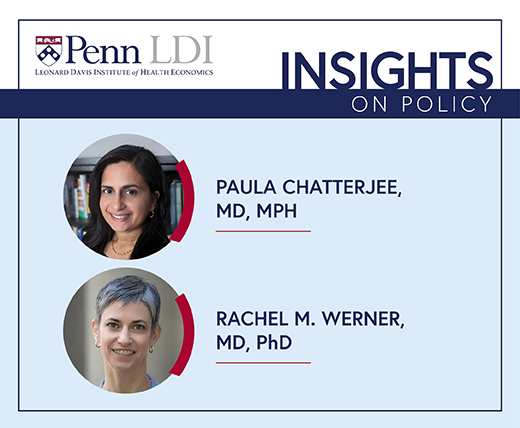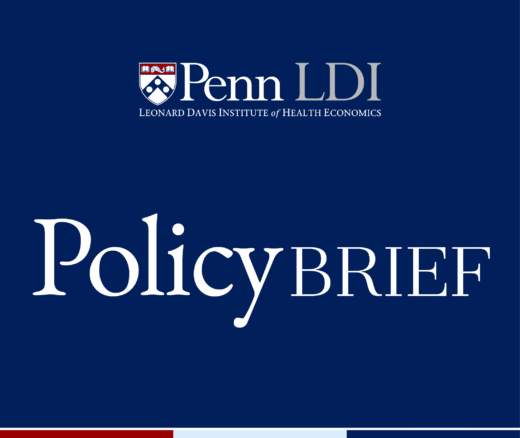
Get a Second Opinion: Generative AI Produces Inconsistent Medical Recommendations
Study of Six Large Language Models Found Big Differences in Responses to Clinical Scenarios
Blog Post

Bioethicists seek to improve areas of science, medicine, and public health ranging from end-of-life care to the impacts of artificial intelligence, with an eye to justice and other moral and ethical principles. Positioned to analyze complex ethical issues and tensions with expertise drawn from the natural sciences, social sciences, and the humanities, they exert a critical influence on health care practice and policy.
To better understand the views of bioethicists on ethical issues in health, and how those views relate to their demographics, Senior Fellow Emily Largent, PhD, RN and colleagues conducted a survey of 824 American bioethicists. They found that on many issues the bioethicists’ views vary and do not reflect those of the U.S. public. Bioethicists, for example, are more likely to think abortion is ethically permissible and less likely to support payments for organ donors. While for issues like paying blood donors and supporting medical aid in dying, bioethicists are more divided.
The chart above highlights bioethicists’ perspectives on eight crucial issues that health care providers and policymakers grapple with.
To put the survey results in the context of identity, course of education, political leanings, and religious affiliation, the researchers also examined participants’ demographics. They found that the field of bioethics is less diverse than the U.S. population and less integrated even than other academic disciplines, indicating more work is needed to create an inclusive field for the future.
See the full study to learn more.
The study, “Bioethicists Today: Results of the Views in Bioethics Survey,” was published in The American Journal of Bioethics on May 6, 2024. Authors include Leah Pierson, Sophie Gibert, Leila Orszag, Haley K. Sullivan, Rachel Yuexin Fei, Govind Persad, and Emily A. Largent.


Study of Six Large Language Models Found Big Differences in Responses to Clinical Scenarios

A Major Federal Value-Based Purchasing Program Was Designed to Cut Hospital Readmissions. LDI Fellows Say the Incentives Are Too Small to Drive Real Change

Penn LDI’s Antonia Villarruel and 10 Other Authors Map Social Determinants Across Multiple Racial and Ethnic Groups

Memo: Response to Request for Analysis

Lessons from the Past, Imperatives for the Future

An LDI Expert Offers Five Cost Control Measures As Congress Continues Its Affordability Debate